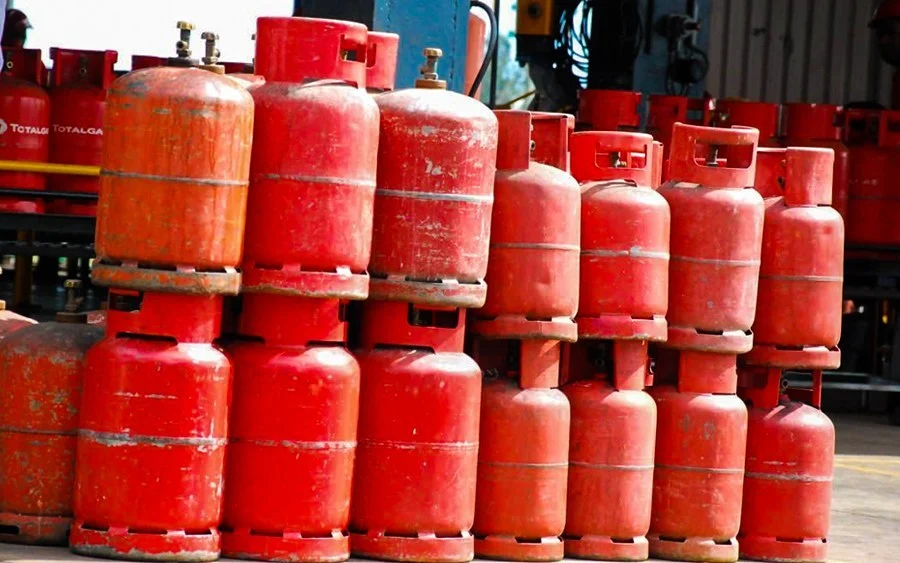A new policy that outlaws the sale Liquefied Petroleum Gas (LPG) or cooking gas by the roadside vendors and transfers full ownership of the cylinders from consumers to only marketers licensed by the Department of Petroleum Resources (DPR) is being fine-tuned by the Ministry of Petroleum Resources.
Speaking on Tuesday in Abuja at a stakeholders’ forum on LPG penetration in Abuja, the Senior Technical Adviser Downstream and Infrastructure to the Minister of State Petroleum Resources, Brenda Ataga explained that the new policy gives complete ownership of the LPG cylinder to the dealers and distributors, saying it was part of a well-thought-out strategy to address safety concerns and deepen the penetration of LPG.
According to her, the federal government had reached an agreement with two original cylinder manufacturers to deliver 600,000 cylinders to LPG distributors on credit, with a pre-payment period of 18 months.
She said with the recent launch of LPG Micro Distribution Centres starting with the Nigeria Army barracks and cantonments, the government was targeting 386,000 micro distribution centres across the country that would drive the initiative.
The government, she noted, has directed all LPG skid operators to immediately convert their outlets to micro distribution centres or risk sanctions.
She revealed that the Federal Government, will, in weeks ahead, commence total clampdown on illegal roadside LPG dealers adding that anyone caught selling LPG without the proper equipment and licence risk jail.
She said: “If you are caught selling on the streets without the proper equipment and licence there is a jail term attached to it (the offence). It is severe now because we are talking about loss of lives here. You are liable for murder as far as we are concerned.”
She said government will immediately commence full enforcement at areas where micro-distribution centres have been inaugurated.
“The clampdown will be done area by area. Areas where we have done full conversion, no resale of gas without licences will be allowed.
“You would fill them at the refill plant that would be tied to you; and you would exchange it with your customers, because you know your customers already. Your customers pay for only the content, while you own the cylinders and control the management of those cylinders.
“The reason is for us to be able to, at any point in time, discern and discover cylinders that are bad; cylinders that need recertification and cylinders that need to be removed from circulation. We put that onus on distributors going forward, to support the safe and standard method of selling LPG.”
She noted that Nigeria is the country in West Africa yet to adopt the re-circulation model, adding that every other country has moved away from this practice, especially as most of the population cannot afford cylinders and would need the costs of the cylinders removed for them.
She asked those concerned to adjust accordingly.




2 Comments